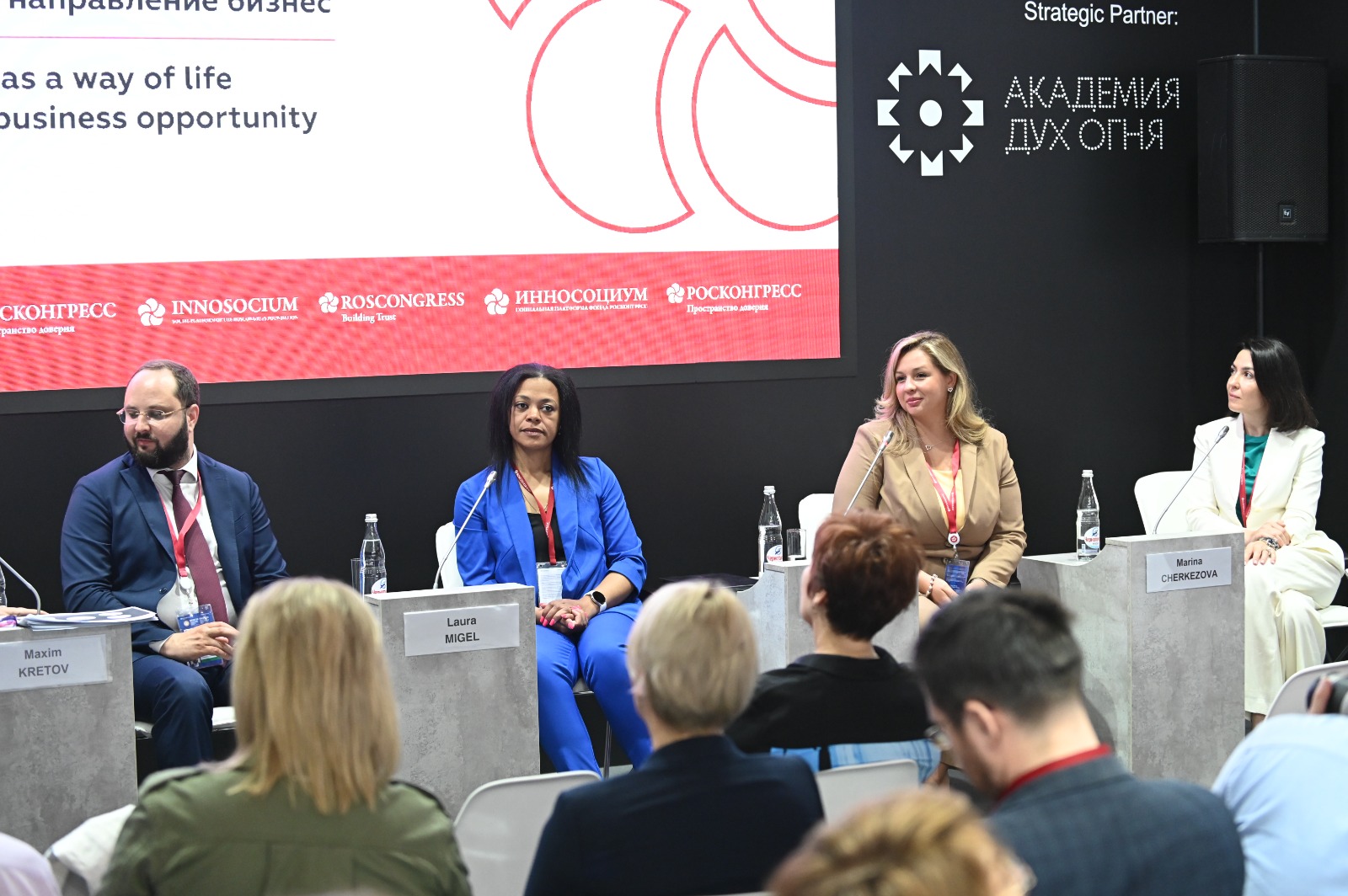Horse breeding is becoming an affordable and profitable business in Russia according to SPIEF 2023 experts
Equestrian sport is now becoming popular and accessible, and horse breeding is gradually turning into an attractive business that could be a potential hotspot for developers. Opportunities and mechanisms for attracting investment in equestrian business and problems in personnel training were discussed by representatives of the Equestrian Federation and entrepreneurs at the session “Equestrian Sport as a Way of Life and a Promising Business Area” held on June 16 within the framework of the St. Petersburg International Economic Forum.
Maxim Kretov, Advisor to the President of the Equestrian Federation of Russia, expressed an opinion that horse breeding is becoming an attractive business sector:
“An important development in the modern history of equestrian sport is investment in sport horse breeding and investment in stabling as a fulcrum for the potential growth of development business based on equestrian clubs and stables. This is the potential development of territories, general plans of regions, undeveloped areas at the expense of stables.”
In addition to economic indicators, equestrian business stimulates the development of territories.
“The vast majority of equestrian clubs in the country are private, and more often than not they are on a journey of progressive development and scaling. Most clubs I know started with a small stable and a love of horses. Now literally entire cities are being built around stables: residential neighborhoods, apartments, hotels,” Inessa Tarasova, Marketing Director of Horseka Equestrian Sport Club, noted during the session.
One of the largest equestrian events in Russia, the International Horse Show Hipposphere, annually attracts over 10 thousand participants. Laura Miguel, director of the Hipposphere exhibition, spoke about the development and format of the event:
“Hipposphere has a unique concept of both B2B and B2C format. This event is both about business, specialists, and just a B2C event for amateurs, residents of our city and tourists who come to St. Petersburg.”
The head of Hipposphere emphasized that the project allows popularizing equestrian sport by involving the younger generation, as well as expanding opportunities for investment and development of horse-related business.
The participants of the session raised the issue of staff shortage and reduction of the number of horses in the industry: in the USSR, the number of horses was 34.6 million, in 2021 – 1.3 million. The sport equestrian stock comprises 29 thousand horses, of which only a little more than two thousand is the stock born in Russia. There is an acute staffing issue. Equestrian clubs and breeders need both professional staff and top management.
“It is quite difficult to find competent staff, especially if we are not talking about equestrian clubs, but about stud farms,” said deputy general director of the Kirov Stud Farm Marina Cherkezova.
The personnel training system will help solve the staffing issue. Representatives of stud farms shared an observation that staff training often becomes the responsibility of employers. The transfer of experience and knowledge of all the nuances of the process takes 8–9 years on average.
“We train people ourselves; young athletes come to us, amateurs develop together with us, grow professionally and achieve great success,” Inessa Tarasova noted.
“This year the Equestrian Federation has concluded three agreements on special departments and professions that relate to the equestrian industry; that is, we have three universities that train specialists in horse breeding and in equestrian sports,” Maxim Kretov said about the solution to the problem of Russia’s personnel shortage.
In addition to training, there is the issue of breeding horses for big sports. Marina Cherkezova shared her experience of working with genetics of top horses which occupy the first lines of the world equestrian rating.
“Our farm has been producing various breeds of horses for big sports for over a century. Just recently we have started working with genetics of top horses which occupy the first lines of the world equestrian rating. Today we can do the embryotransfer on our own: we transfer embryos and get foals this way. The idea was to give equestrian sport horses whose parents were participants of European championships, world cups,” she said.

 Calendar
Calendar
 Online application
Online application
 Map
Map
 How to get
How to get



